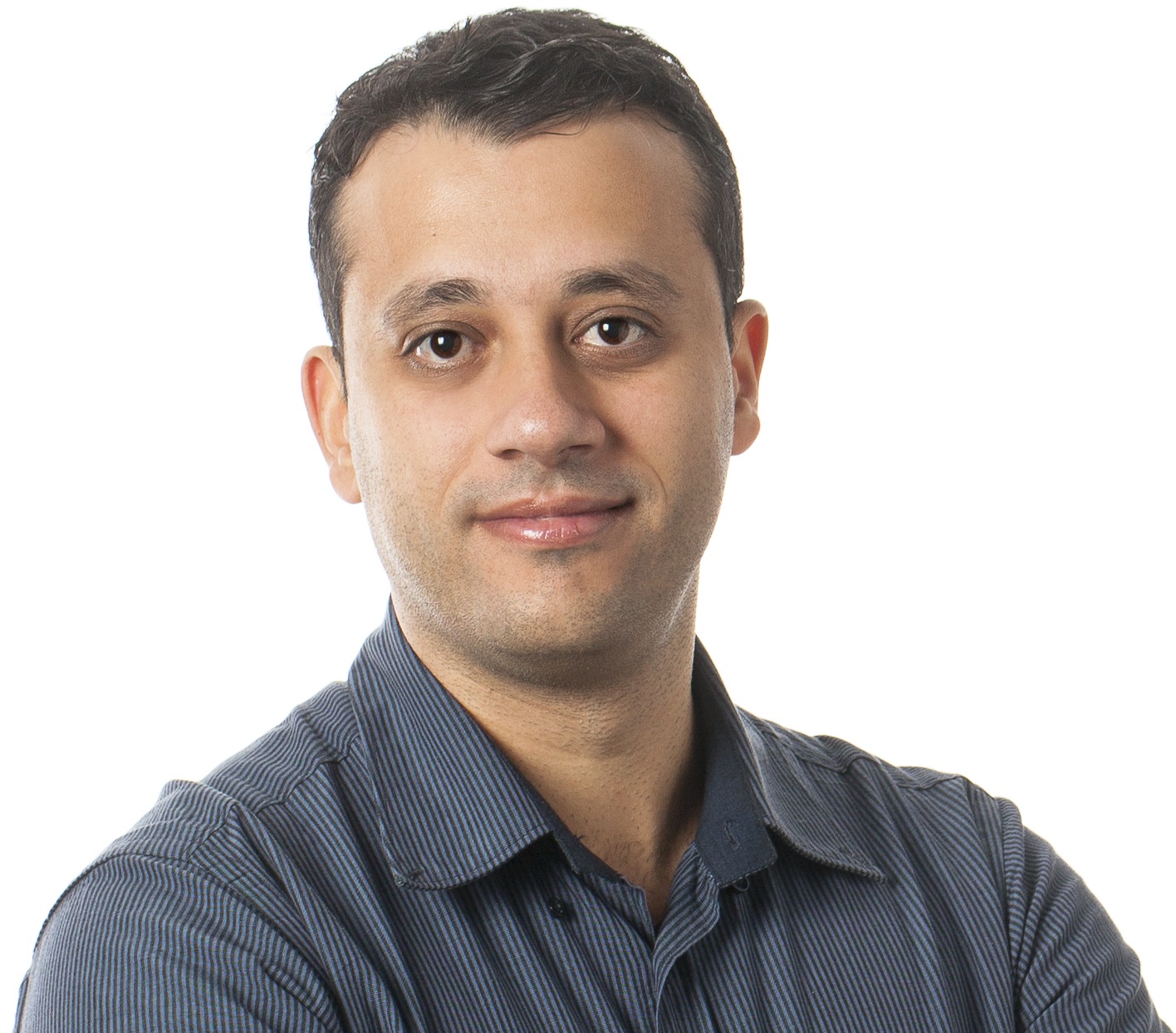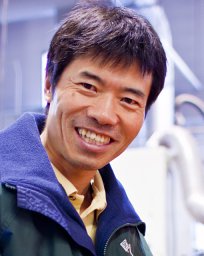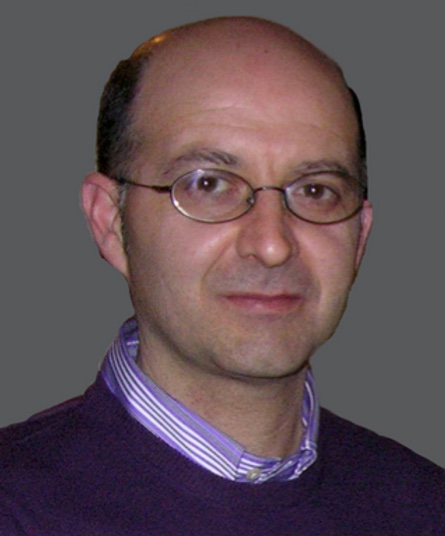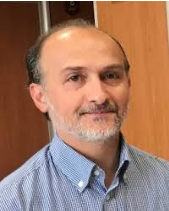
Bio: Dr. Walter Lucia is an Associate Professor at the Concordia Institute for Information Systems Engineering (CIISE), Concordia University, Canada. He received the M.Sc. degree in automation engineering (2011) and the Ph.D. degree in Systems and Computer Engineering (2015) from the University of Calabria, Italy. In 2013, he was a visiting research scholar in the ECE Department at Northeastern University (USA), and in 2015, visiting postdoctoral researcher in the ECE Department at Carnegie Mellon University (USA). In 2016, Dr. Lucia joined Concordia University as a tenure-track Assistant Professor. In 2021, he has been promoted to the rank of Associate Professor with tenure. Dr. Lucia current research interests include control of unmanned vehicles, predictive control, fault-tolerant control, and secure and resilient control of cyber-physical systems. Dr. Lucia is currently an Associate Editor for the Control System Society - Conference Editorial Board, IEEE Systems Journal and Springer Journal of Control, Automation and Electrical Systems. Moreover, he is the Chair of the IEEE Montreal Chapters of Systems, Man and Cybernetics, and IEEE Control Systems.

Bio: Dr. MengChu Zhou received the Ph.D. degree from the Rensselaer Polytechnic Institute, Troy, NY, USA, in 1990. Then, he joined New Jersey Institute of Technology, Newark, NJ, USA, where he is currently a Distinguished Professor. He has more than 1200 publications, including 17 books, more than 850 journal articles (more than 650 in IEEE TRANSACTIONS), 31 patents, and 32 book chapters. His research interests include Petri nets, automation, robotics, the Internet of Things, big data, and artificial intelligence. He is a recipient of Excellence in Research Prize and Medal from NJIT, Humboldt Research Award for US Senior Scientists from Alexander von Humboldt Foundation, and Franklin V. Taylor Memorial Award and the Norbert Wiener Award from IEEE Systems, Man, and Cybernetics Society, and Edison Patent Award from the Research and Development Council of New Jersey. He is a fellow of IFAC, AAAS, CAA, and NAI.

Bio: Dr. Giuseppe Franzè is a Full Professor at the DIMEG department of the University of Calabria (Italy). Dr. Franze’ received the Laurea degree in Computer Engineering in 1994 and the Ph.D. degree in Systems Engineering in 1999 from the University of Calabria, Italy. He authored or co-authored of more than 190 research papers in archival journals, book chapters and international conference proceedings. His current research interests include constrained predictive control, nonlinear systems, networked control systems, control under constraints and control reconfiguration for fault tolerant systems, resilient control for cyber-physical systems. In November-December 2019, he was a visiting professor at Concordia University (Canada) at the CIISE Department. Since 2019 he is Senior Member of IEEE. He is a co-recipient of the Best Paper Award at the IEEE-CoDIT 2019 Conference, Paris, France. He currently serves as a Associate Editor of the IEEE/CAA Journal of Automatica Sinica (JAS). He is the Guest Editor of the Special Issue Resilient Control in LargeScale Networked Cyber-Physical Systems IEEE/CAA Journal of Automatica Sinica (JAS), 2020. From January 2018 to March 2022, he was the Graduate Program Director of the Master Degree in Automation Engineering at the DIMES department, University of Calabria. Since September 2022, he is a member of the IFAC Technical committee TC 6.4. Fault Detection, Supervision & Safety of Techn. Processes-SAFEPROCESS. Moreover, he is a member of the working group “Safety and Security of Cyberphysical Systems” of the IFAC Technical committee TC 6.4.

Bio: Dr. Giancarlo Fortino is a Full Professor of Computer Engineering at the Dept of Informatics, Modeling, Electronics, and Systems of the University of Calabria (Unical), Italy. He received a PhD in Computer Engineering from Unical in 2000. He is also distinguished professor at Wuhan University of Technology and Huazhong Agricultural University (China), high-end expert at HUST and NIST (China), senior research fellow at the Italian ICAR-CNR Institute, CAS PIFI visiting scientist at SIAT – Shenzhen, and Distinguished Lecturer for IEEE Sensors Council. He was also visiting researcher at ICSI, Berkeley (USA), in 1997 and 1999 and visiting professor at Queensland University of technology in 2009. At Unical, he is the Rector’s delegate to Int’l relations, the chair of the PhD School in ICT, the director of the Postgraduate Master course in INTER-IoT, and the director of the SPEME lab as well as co-chair of Joint labs on IoT established between Unical and WUT, SMU and HZAU Chinese universities, respectively. Fortino is currently the scientific responsible of the Digital Health group of the Italian CINI National Laboratory at Unical. He is Highly Cited Researcher 2020-2023 in Computer Science by Clarivate. He had 25+ highly cited papers in WoS, and h-index=82 with about 25000 citations in Google Scholar. His research interests include wearable computing systems, e-Health, Internet of Things, and agent-based computing. He is author of 650+ papers in int’l journals, conferences and books. He is (founding) series editor of IEEE Press Book Series on Human-Machine Systems and EiC of Springer Internet of Things series and AE of premier int'l journals such as IEEE TASE (senior editor), IEEE TAFFC-CS, IEEE THMS, IEEE T-AI, IEEE IoTJ, IEEE SJ, IEEE JBHI, IEEE SMCM, IEEE OJEMB, IEEE OJCS, Information Fusion, EAAI, etc. He chaired many int’l workshops and conferences (130+), was involved in a huge number of int’l conferences/workshops (700+) as IPC member, is/was guest-editor of many special issues (80+). He is cofounder and CEO of SenSysCal S.r.l., a Unical spinoff focused on innovative IoT systems, and recently cofounder and vice-CEO of the spin-off Bigtech S.r.l, focused on big data, AI and IoT technologies. Fortino is currently AVP of the Cybernetics area of the IEEE SMCS and former member of the IEEE SMCS BoG and former chair of the IEEE SMCS Italian Chapter
